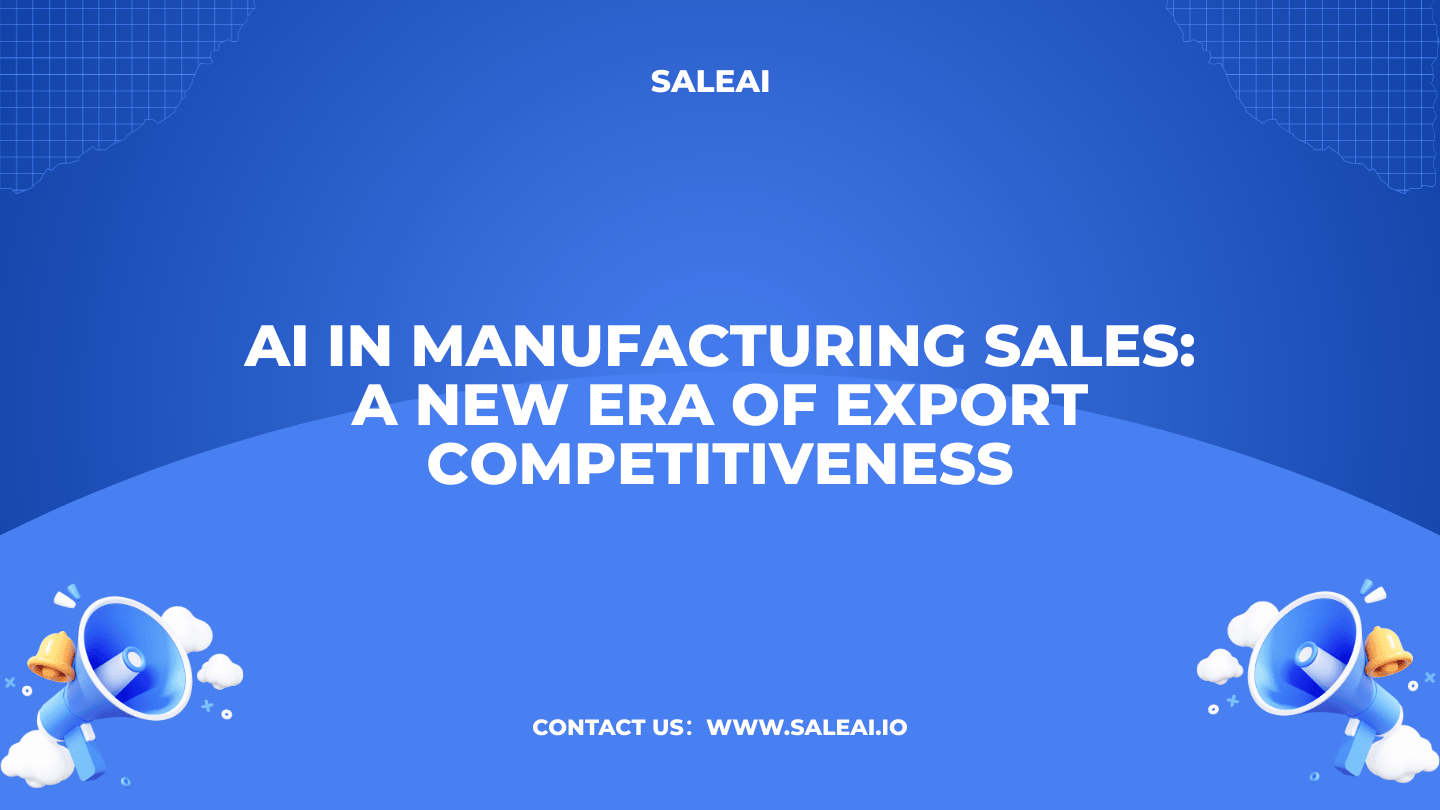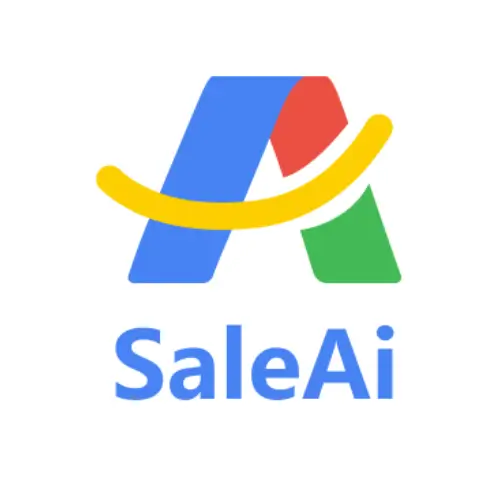
Factories worldwide are producing more efficiently than ever. Robotics, lean manufacturing, and supply chain optimization have cut costs and improved quality. Yet one bottleneck remains: sales.
For many manufacturers, the problem is not production—it’s reaching and converting global buyers.
According to McKinsey, manufacturing firms that embed AI in their sales processes achieve 25–30% higher win rates in international deals compared to peers.
1. The Challenges Manufacturers Face
Manufacturers, especially SMEs, encounter three persistent sales challenges:
-
Limited market access → Overreliance on trade shows and distributors.
-
Slow quoting cycles → Delays cost deals when buyers demand speed.
-
Unqualified leads → Time wasted chasing companies outside the target market.
The Organisation for Economic Co-operation and Development (OECD) notes that SMEs in manufacturing often struggle to scale internationally because they lack digital sales infrastructures, relying on outdated sales channels (OECD Report).
2. AI as the Missing Link in Manufacturing Sales
AI sales tools are not about replacing reps—they’re about giving factories the systems to sell globally with efficiency and confidence.
SaleAI’s platform illustrates this integration:
-
Lead Finder Agent → Identifies verified buyers worldwide for machinery, textiles, or components.
-
Company Insight Agent → Validates leads by trade activity, hiring signals, and online presence.
-
Email Writer Agent → Crafts technical outreach tailored to procurement managers and engineers.
-
Quote Generator Agent → Delivers branded, professional proposals in minutes.
-
Outreach Planner Agent → Automates multi-channel cadences across email, WhatsApp, and LinkedIn.
-
Report Builder Agent → Produces export-ready intelligence for executives.
Together, these functions give manufacturers a sales engine as advanced as their production systems.
3. Global Trade Perspective
The World Trade Organization (WTO) emphasizes that global competitiveness increasingly depends on digital trade capabilities (WTO Report). For manufacturing exporters, this means:
-
No more waiting for annual trade fairs to access new markets
-
Buyers expect digital-first, real-time communication
-
Export competitiveness is now as much about sales responsiveness as about product quality
4. Case Study: From Factory Floor to Global Buyers
A mid-sized machinery manufacturer in Eastern Europe had strong domestic orders but weak international growth. Trade shows consumed budgets, and quotes often took 4 days.
After adopting SaleAI:
-
Lead Finder Agent uncovered 600 verified distributors in Asia and North America
-
Company Insight Agent filtered out inactive firms
-
Email Writer + Outreach Planner doubled reply rates to 12%
-
Quote Generator Agent cut proposal time to under 30 minutes
Result: International contracts grew by 40% within one year, restoring export competitiveness without adding headcount.
5. Strategic Implications for Manufacturing Leaders
AI sales engines deliver more than efficiency—they reshape competitiveness in three ways:
-
Speed as a differentiator → First responses win deals.
-
Data-backed decision-making → Executives gain clear visibility into pipeline and markets.
-
Scalable global reach → SMEs compete directly with multinationals.
As McKinsey confirms, manufacturers that adopt AI sales tools not only grow faster but also create resilience against global competition.
Conclusion: Compete Globally with SaleAI
For manufacturing leaders, the challenge is clear: production excellence is no longer enough. Competitiveness in the next decade will be defined by AI-driven sales systems that connect factory floors to global buyers.
SaleAI was built for this mission. With its AI Agents, manufacturers can:
-
Find verified global distributors and buyers
-
Qualify opportunities with data-driven insights
-
Engage procurement managers with tailored outreach
-
Convert faster with instant quotes
👉 Ready to bring your factory into the new era of competitiveness? Try SaleAI free today and make AI your export growth engine.


